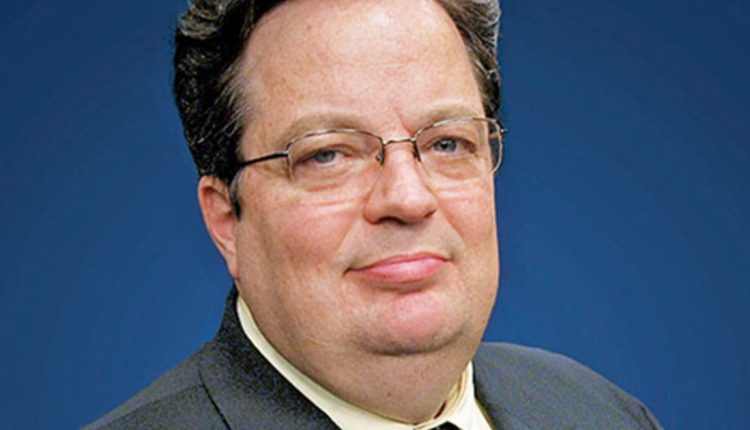His basic premise was this: Manufacturing mass-market automobiles was too expensive to do alone, and only through massive scale could shareholders receive an adequate return on their investments. The most efficient way to achieve that scale, Marchionne explained, was through mergers or partnerships that would enable automakers to save on purchasing and development of basic components — the stuff that doesn’t really define a vehicle but makes it functional. He also reasoned that automakers’ spending on R&D was about to grow substantially as they faced trying to pay for automotive electrification and increasing technology such as assisted driving.
When he laid out his analysis to us, neither the history nor the existing landscape for automotive partnerships looked particularly fruitful. Renault-Nissan seemed (at the time, anyway) to be getting along, Fiat’s acquisition of bankrupt Chrysler was mired in debt but starting to make real money, and Geely’s 2010 purchase of Volvo was just bearing fruit. Elsewhere across the automotive world, Volkswagen and Suzuki had tried to tie up with mixed results at best, Mazda and Ford were still together in what seemed like a marriage of convenience, and Toyota had purchased a sixth of Subaru’s parent company. There were, of course, existing partnerships between global automakers and their counterparts in China, but those were more limited at the time in terms of their impact on the American market.
That was almost seven years ago — the anniversary of Marchionne’s “Confessions of a Capital Junkie” presentation occurs this month — but look around today, and the partnerships among automakers that the sweater-wearing Italian Canadian advocated so vociferously have sprouted in a field of skeptics like so many spring flowers.
Stellantis CEO Carlos Tavares seems to be working from a modified Marchionne playbook in assembling Stellantis from FCA and Peugeot. There’s the GM-Honda partnership, which has the promise of transforming the economics of electric vehicles. Ford and Volkswagen have deepened their partnership to the benefit of both automakers and their EV and autonomous driving ambitions, while Toyota appears to be assembling a veritable Team Japan from its holdings in Subaru, Mazda, Suzuki, Hino and Daihatsu.


